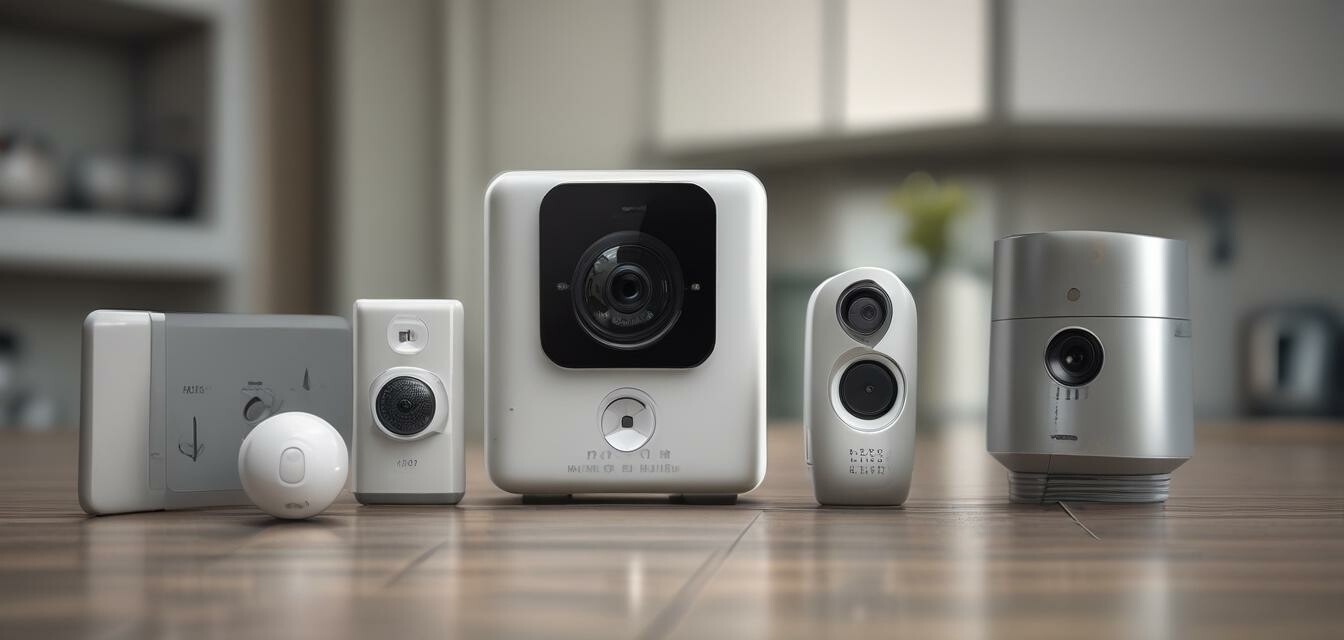
Regular Maintenance Tips for Smart Home Security Devices
Key Takeaways
- Regular maintenance increases the longevity of your security devices.
- Check for software updates to keep devices functioning optimally.
- Routine cleaning can prevent functionality issues and malfunctions.
- Testing your system is crucial to ensure all components are working properly.
- Maintaining a schedule for replacement parts like batteries can enhance reliability.
Maintaining your smart home security devices is vital for ensuring your safety and peace of mind. These devices are designed to protect your home, but they require regular upkeep to perform at their best. In this guide, we will cover essential maintenance practices that will not only help in prolonging the life of your devices but also ensure their effectiveness. Let's dive into the key areas of focus for smart home security maintenance.
1. Regular Software Updates
Security technology evolves quickly. Device manufacturers regularly release updates to fix bugs, patch vulnerabilities, and improve performance. Ensuring your smart home security devices are on the latest version is crucial for maintaining security. Here's how you can keep them updated:
- Enable automatic updates where available.
- Check the manufacturer's website or app for updates.
- Set reminders to manually check for updates if automatic settings are not an option.
2. Clean Your Devices
Keeping your devices clean may seem trivial, but it significantly affects their functionality, especially for cameras and sensors. Here are some cleaning tips:
- Use a soft, dry cloth to wipe down surfaces.
- For cameras, ensure the lens is free of dust and smudges for clear images.
- Avoid using harsh cleaning agents that may damage the device.
Cleaning Schedule
Create a maintenance schedule to ensure regular cleaning:
| Device | Cleaning Frequency | Notes |
|---|---|---|
| Smart Cameras | Monthly | Check lens and housing for debris |
| Motion Sensors | Quarterly | Ensure sensors are unobstructed |
| Smart Locks | Every 6 Months | Clean the keyhole and exterior |
3. Conduct Regular Tests
Testing your smart home security system is essential to ensure everything is working as intended. Regular checks can help identify any problems before they become significant issues:
- Test the alarm system by setting it off and ensuring all alerts are received.
- Check motion sensors by walking in front of them to verify they are detecting movement.
- Verify the smart locks by locking and unlocking them remotely.
4. Battery Maintenance
Most smart home devices operate on batteries, which need to be changed periodically. Consequently, make sure to:
- Track battery life using device notifications or reminders.
- Keep spare batteries for quicker replacements.
- Replace batteries annually, even if they still have charge to avoid sudden failures.
Beginner's Tips for Security System Maintenance
- Keep all receipts and warranties handy for troubleshooting.
- Read the user manuals thoroughly to understand device features.
- Join online communities for tips and troubleshooting advice from other users.
5. Physical Inspections
Every so often, you'll want to do a physical inspection of all security devices. Here's a checklist to consider:
- Look for physical damage or wear and tear.
- Ensure all devices are mounted securely.
- Check the connectivity of all devices to Wi-Fi or your home network.
6. Review System Settings
As technology evolves, so do user preferences. Regularly reviewing your system settings can optimize performance:
- Adjust your notification settings for alerts based on your lifestyle.
- Set time schedules for when devices should be active or dormant.
- Compare your settings with the manufacturer's recommendations or new practices.
Conclusion
Maintaining your smart home security devices not only helps them last longer but also ensures they function effectively when you need them the most. By following these regular maintenance tips, including conducting regular updates, performing routine cleaning, and consistently testing your system, you can enhance your home security network. For more insights on maximizing the effectiveness of your home security setup, check out our Buying Guides, or explore our Tips & Best Practices for more helpful articles.
Pros
- Improved functionality of security systems.
- Extended lifespan of devices.
- Higher reliability during emergencies.
Cons
- Time consuming if neglected.
- Costs may add up for replacement parts.
Additional Resources
For more information on enhancing your home security, visit our Home Security Systems page, or discover innovative Home Automation Devices that seamlessly integrate with your security setup.
